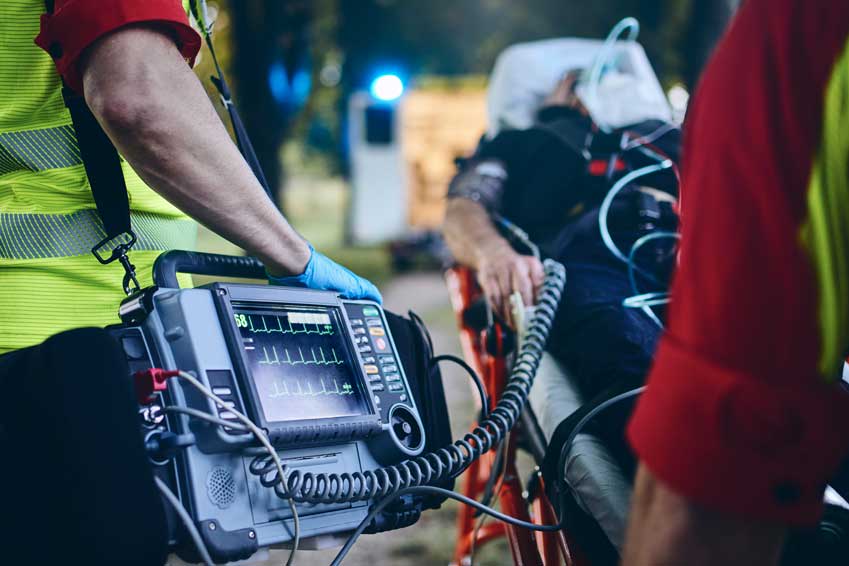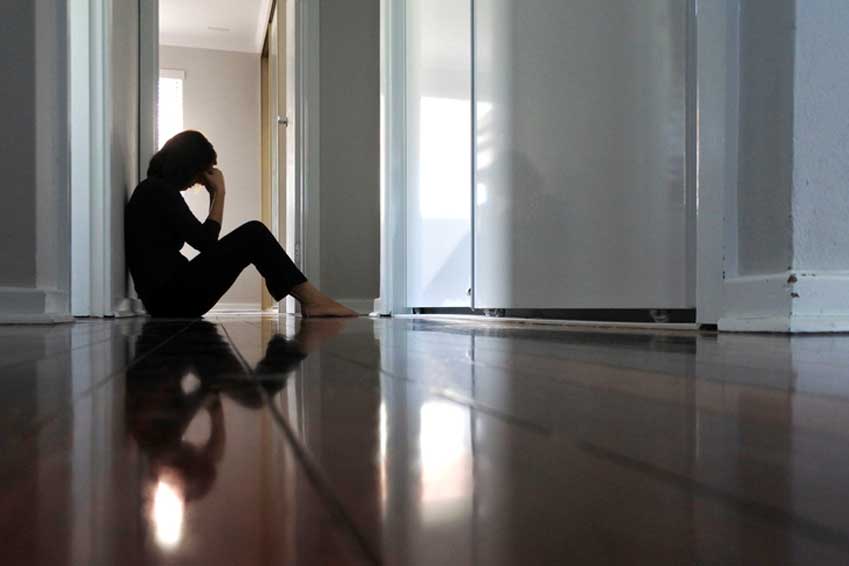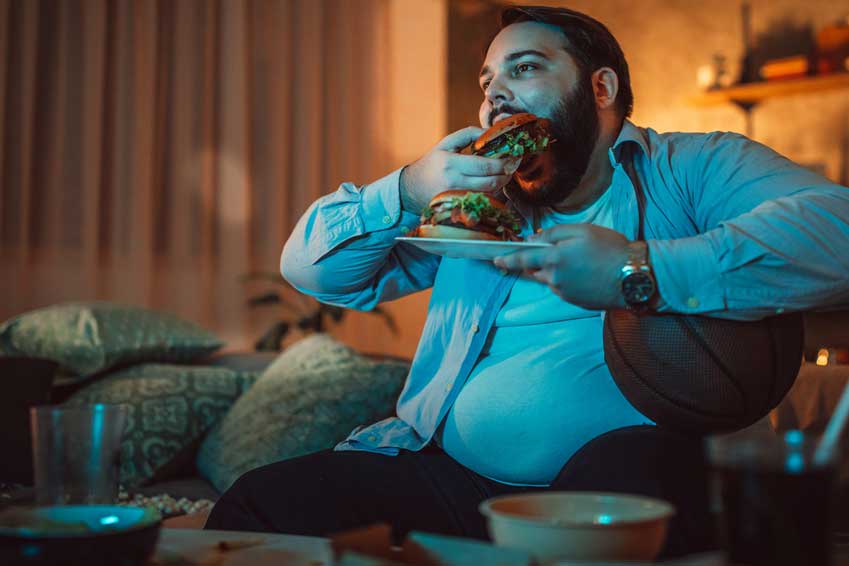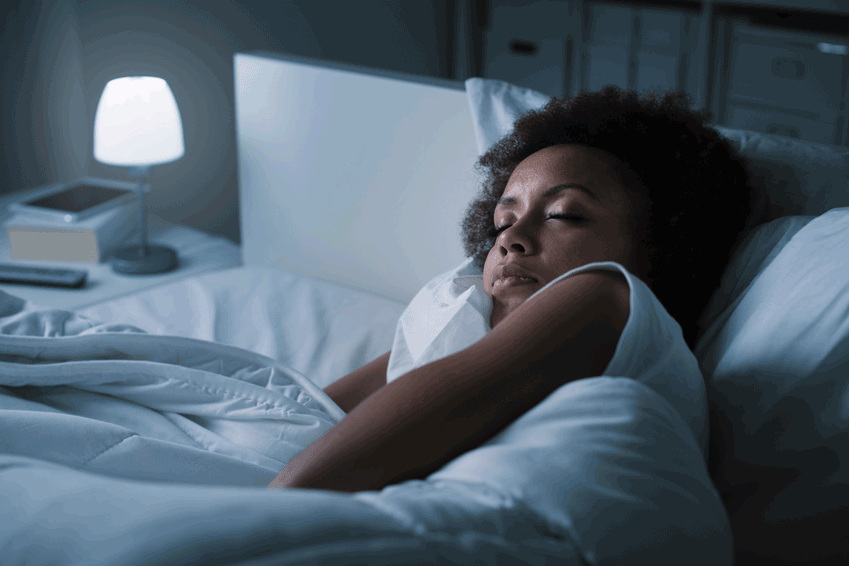It made national headlines…
On September 29, 2016, a New Jersey commuter train tore through a barrier at Hoboken station, torpedoing across a waiting area full of people. On November 16, officials reported that the person driving that train suffered from sleep apnea, which had gone undiagnosed during a recent medical exam.
Yet, despite the obvious perils, people can be heard boasting they “function well on very little sleep.” Many even brag how they never get more than a few hours of sleep – night after night. Is this a good thing?
The reality is that failure to get an appropriate amount of sleep on a consistent basis can yield significant, even life-threatening results, as the Hoboken train incident illustrates..
Major Health Problems
Short of driving a train beyond the end of the line, failing to get an appropriate amount of sleep renders people more vulnerable to a range of health issues including…
- Heart disease
- High blood pressure
- Stroke
- Diabetes
Cognitive Issues

Thinking and learning largely depend on a good night’s sleep. Lack of sleep hampers a person’s ability to concentrate and reason. In addition, different sleep cycles help consolidate and make sense of memories and information collected during the course of a given day.
In the absence of appropriate sleep, this cannot occur, and a person will not be able to recall or remember properly what was experienced or learned. The driver of the Hoboken train is living proof – he reported that he could not recall what happened the morning of the crash, though he appeared to be conscious.
And of course, sleep deprivation can affect the academic performance of children, if not corrected.
Mental Health Problems
A considerable number of people who fail to get a proper amount of sleep end up suffering from depression. In some cases, the depression is persistent and does not readily resolve.
Moreover, sleep deficits over extended periods can result in a person actually suffering psychotic symptoms. In other words, a person no longer experiences normal thought processes and endures abnormal perceptions of reality.
Weight Gain
The Mayo Clinic reports that people who get less than six hours of sleep per night are 30 percent more likely to be obese. In effect, research established a link between a lack of proper sleep and excessive weight gain. Sleep deficits appear to heighten cravings for high-carbohydrate, high-fat foods.
What Can You Do?
Here are some starting points for ensuring you are getting a great night’s sleep…
- Be objective. Don’t kid yourself about your own habits. If something is wrong, then something is wrong.
- Ask those around you if they notice things like restlessness or snoring while you are asleep.
- If you suspect a sleeping disorder like sleep apnea, visit your dentist, orthodontist, doctor or other practitioner to get tested.
A great night’s sleep can improve your life – and even save it!
More Reading
WebMD contributor, Camille Peri, provides research on 10 issues you can prevent by getting a great night’s sleep:






















